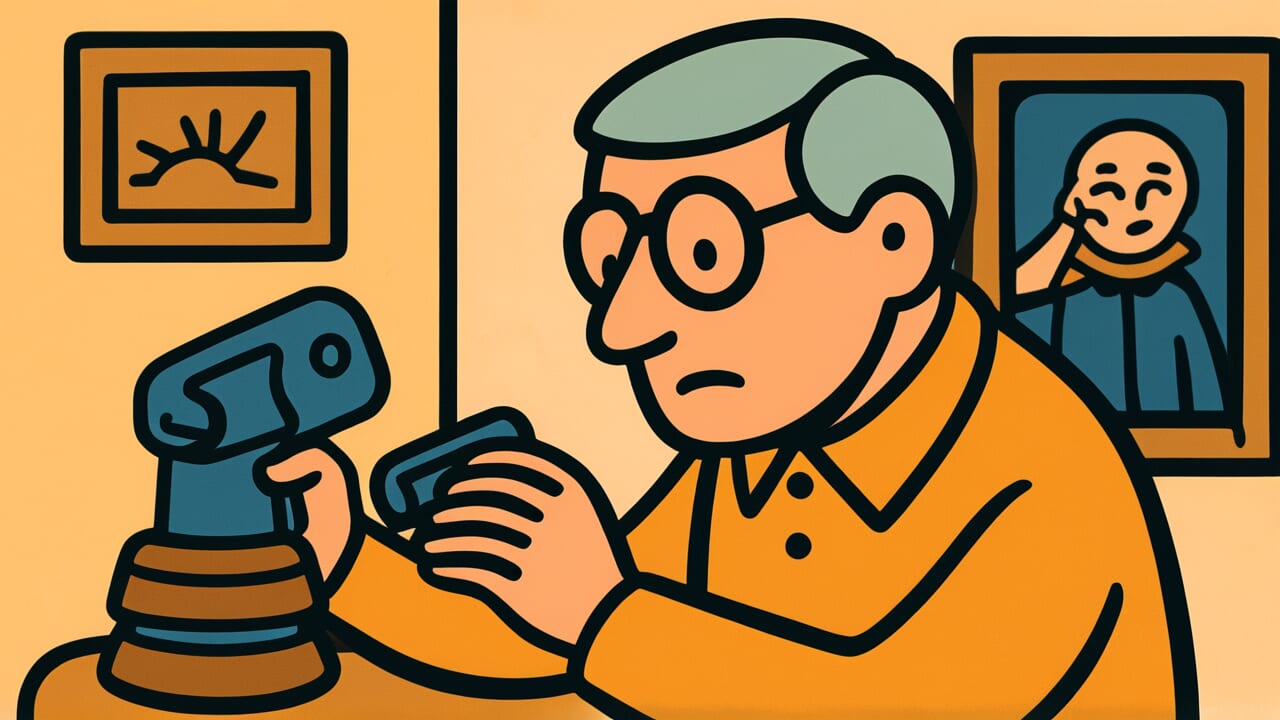How to Read “Warm the old to know the new”
Furuki o tazunete atarashiki o shiru
Meaning of “Warm the old to know the new”
This proverb means that by revisiting what you learned in the past or knowledge passed down through generations, you can gain new discoveries and understanding.
Learning something once doesn’t mean you’re done with it. When you return to it after time has passed, you often notice deeper meanings you missed before.
You might also find new perspectives that apply to modern situations.
People use this saying when emphasizing the importance of returning to basics in study or work. It also applies when praising someone who reviews fundamentals after gaining experience.
Many people have experienced reading a childhood book as an adult and feeling completely different emotions. That experience perfectly captures what this proverb teaches.
Today’s world often chases only new information. But this proverb, also known as “onko chishin,” reminds us that old things contain timeless value.
Origin and Etymology
This proverb likely comes from words spoken by Confucius in the Analects, a fundamental text of Confucianism.
The original passage appears in the “Wei Zheng” chapter. It reads “温故而知新、可以為師矣” in Chinese characters.
The use of the character “温” (warm) is fascinating. Instead of simply “study” or “investigate,” the text chose “warm.”
This suggests reheating knowledge that has grown cold. It’s like warming up a dish that cooled down, bringing heat back to old knowledge and discovering new flavors from it.
Confucius taught his disciples not just to chase new knowledge. He emphasized the importance of deeply studying the teachings of past sages and history.
The Confucian approach to learning values reading classics repeatedly and finding new insights each time. This philosophy is embedded in these words.
The saying came to Japan long ago. It was emphasized in terakoya schools during the Edo period and became widely established.
As a principle showing the basic attitude toward learning, it has been cherished through modern times.
Interesting Facts
The four-character phrase “onko chishin” born from this proverb appears frequently in school names, company names, and book titles.
It expresses an attitude of pursuing innovation while valuing tradition. This concept is deeply rooted in Japanese society.
In the original Analects passage, the text continues with “可以為師矣” (one can be a teacher).
This means that someone who can warm the old to know the new has the qualifications to become a teacher. Confucius identified this attitude as a requirement for true educators.
Usage Examples
- When I reread classical literature, I understood human subtleties I couldn’t grasp as a student. I truly felt what “warm the old to know the new” means
- By returning to basics and reviewing old materials, I found a solution. I deeply realized the importance of warming the old to know the new
Universal Wisdom
Humans are creatures who constantly move forward and seek new things. Yet we also cannot live disconnected from our past.
This proverb has been passed down for thousands of years because it captures the essence of how humans grow.
What’s interesting is how the same thing looks different depending on your life experience. A story you read as a child takes on completely different meaning when you read it as an adult.
The story hasn’t changed—you have. Past knowledge isn’t fixed. It’s a living thing that gains new meaning as we grow.
This proverb also reveals the imperfection of human memory and understanding. Learning something once doesn’t mean you fully grasp its essence.
Only through repeated study can you reach deeper layers. This wisdom teaches us humility.
Furthermore, it contains the insight that old and new don’t oppose each other—they complement each other.
Innovation isn’t the rejection of tradition. It’s born from deeply understanding tradition. This dialectical thinking is wisdom humanity has gained through long history.
When AI Hears This
Learning from the past resembles compression work—extracting only the essence from massive data.
When you read 100 years of history books, you don’t memorize tens of thousands of pages as-is. Instead, you compress them into patterns like “concentrated power tends to corrupt.”
The higher the compression ratio—meaning the fewer words needed to explain many cases—the more essential that pattern is.
In information theory, good compression always produces good prediction. Compression means efficiently guessing “what comes next.”
ZIP files become small because they detect repeating patterns in data and predict “this comes next.” Similarly, if patterns extracted from history are accurate, you can predict future events.
What’s interesting is that over-compression backfires. Compressing everything to “it’s all luck” is simple but has zero predictive power.
Conversely, insufficient compression with excessive detail makes you misread the future by getting distracted by noise.
The essence of this proverb shows the importance of compressing the past at appropriate granularity and converting it into usable wisdom. It’s exactly the balance between overfitting and underfitting in machine learning.
Lessons for Today
What this proverb teaches modern you is that learning requires “the courage to go back.”
We tend to chase new information and skills one after another. But sometimes stopping and returning to basics becomes the greatest progress.
Specifically, when stuck at work, reread your onboarding training materials. When troubled by relationships, pick up a book you read as a child.
Such small acts of “warming the old” might open unexpected breakthroughs.
Modern times especially make us feel rushed to constantly learn new things because information updates so quickly.
However, truly valuable knowledge works across eras. In fact, people who understand fundamentals well adapt more flexibly to new changes.
What you can do today is review what you learned in the past. Student notebooks, books you read before, feelings from when you were a beginner.
Treasures sleep there that only the current you can understand. To move forward, sometimes look back. That’s the path to true growth.



Comments